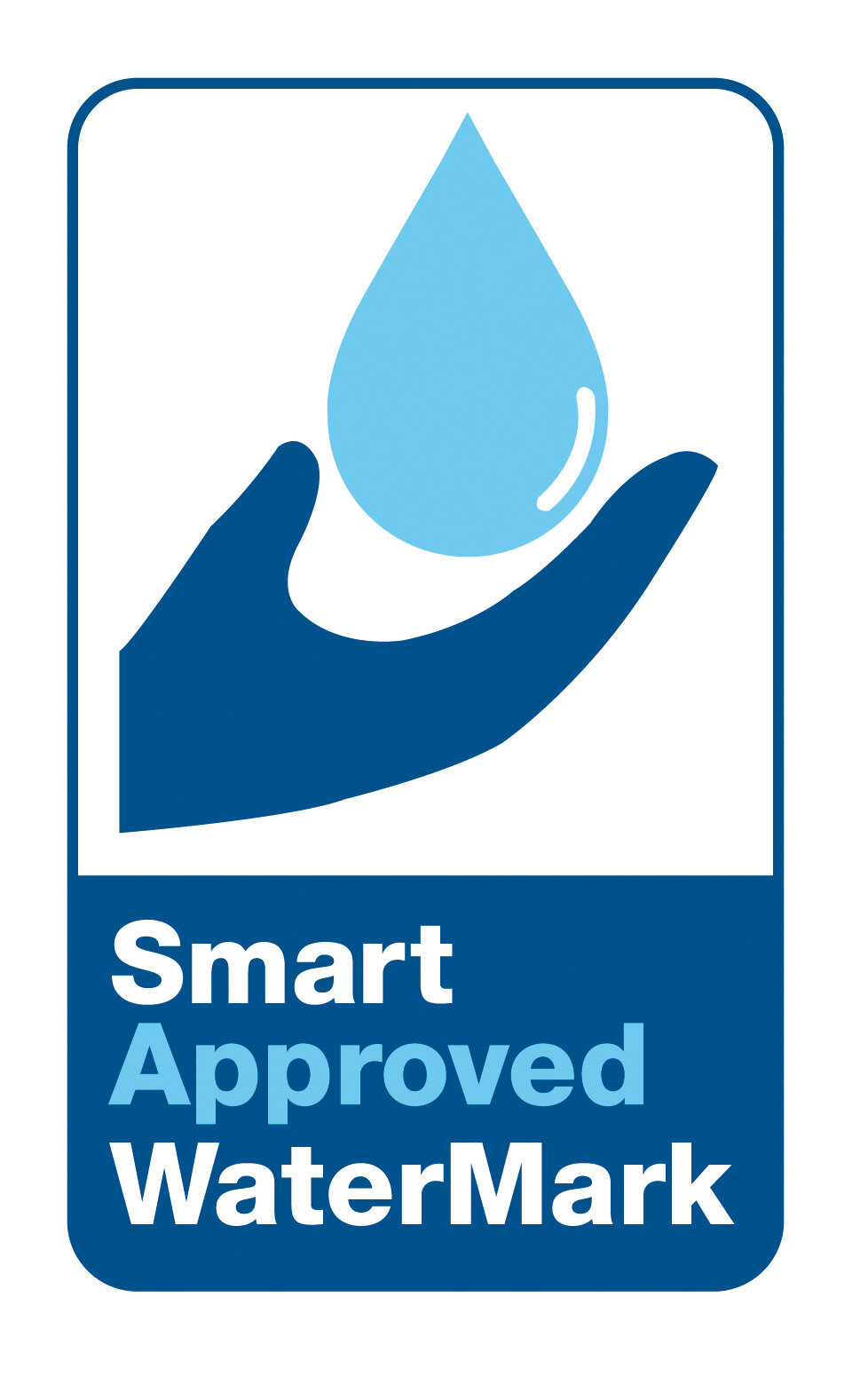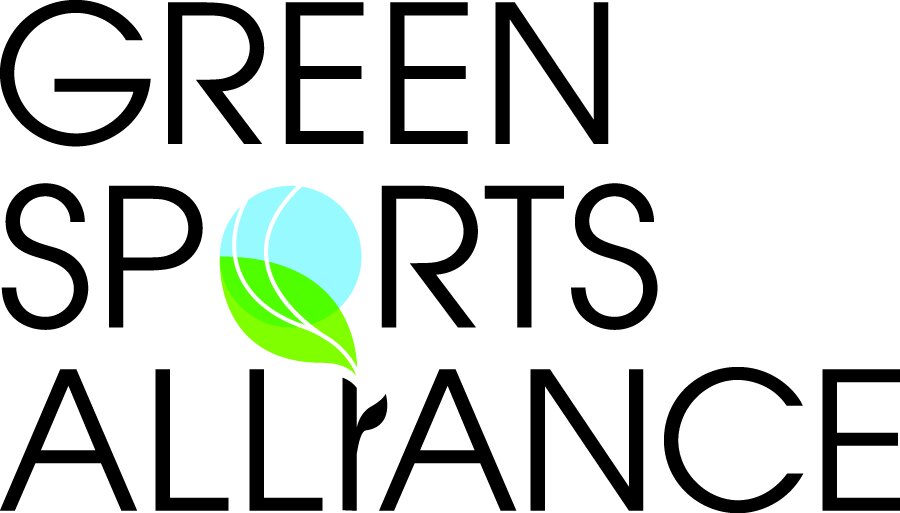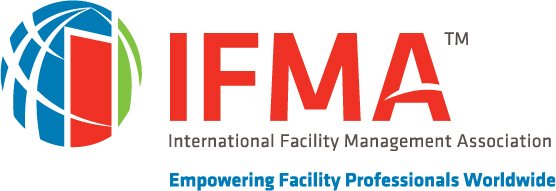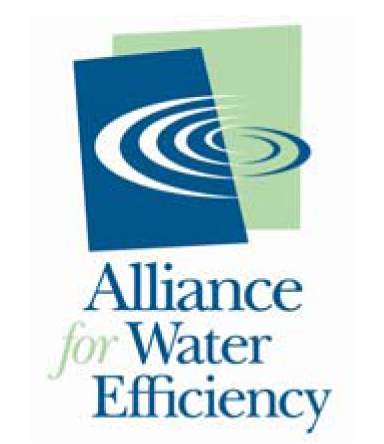Residents of Cape Town feel like they are guinea pigs. Their water crisis was thrust upon them and they had no one but themselves to address the challenge.
Cape Town Residents use Half the Amount of Water than Before ‘Day Zero’
Cape Town, South Africa, faces a major water crisis, but the city has managed to stave off Day Zero – that is, the day the city would actually run out of water completely – for the foreseeable future. Still, with “severe climate change looming, the city of 4 million will face a reckoning sooner or later,” writes climate expert Ashley Dawson, a native of Cape Town, in the Washington Post. “And it will not be alone.”
Cape Town’s water crisis – and the city’s response to it – has shown that planning for a drier future needs to be comprehensive, integrated and realistic, Dawson writes.
But Cape Town has also shown us that such crises can be successfully addressed.
Today, Cape Town residents are using nearly 50% less water than they were in 2015 and reductions are expected to continue, says Klaus Reichardt, CEO and founder of Waterless Co...
To read more on this article, visit Environmental Leader by clicking here.
Will “Day Zero” Happen in the US?
Vista, CA - Cape Town, South Africa is approaching Day Zero.
Day Zero is when there will be no water left for its four million citizens. All taps in homes and businesses will be turned off .
Why?
The city has essentially run out of water as a result of an unrelenting three-year drought, considered the worst in more than a century.
Unless a rainfall event happens soon or some system is developed to bring water to the city, Day Zero could be declared as early as March of this year.
Already, city officials are preparing for a public health disaster and social unrest.
However, even though Cape Town residents are well-aware of their dire situation, some citizens continue to use water foolishly, for instance washing their cars.
When this happens and police are called in, these people are fined, some arrested, and their buckets and sponges are confiscated as if they were illegal drugs.
Residents are allowed to use only 13 gallons of water per person, per day. In the U.S., we use on average 66 gallons of water per person, per day.
Many believe climate change is behind this. Countries near the North and South poles are feeling the impacts of climate change more than other parts of the world.
“Cape Town already has very strong environmental policies in place,” says Klaus Reichardt, CEO, and founder of Waterless CO manufacturers of waterless urinal systems. “They are also ahead of much of the world when it comes to effective water management.”
Will Day Zero happen in the US?
In fact, we almost did reach Day Zero when Northern California nearly ran out of water in the late 1970s. And in the late 2000s, Atlanta only had about a three-month supply of water left, also due to a severe drought.
To prevent Day Zero from occurring here, Reichardt says, “We need to take steps now to improve water management, rebuild water infrastructure, and install more devices that use little or no water.”
What Would Your City Do If They Only Had 113 Days Left Of Water
In March of 2017, Cape Town, South Africa was in an intensely crave situation when it came to water. The city of nearly 4 million people had only 113 days left of drinking water.
But it gets worse.
In a relatively short period, they were down to just 103 days left of water and then only 87 days left of water. By August 2017, there were only 61 days of water left.
It’s clear something had to be done and done very soon. City administrators had tried pleading with people and businesses to reduce water consumption with only marginal success. So as the situation grew worse, they decided to take a totally different approach.
What they did is turn to billboards.
They posted electronic billboards and signs on the major roadways around Cape Town, letting everyone know on a daily basis how much drinking water was left in the reservoirs.
It had a compelling impact. It empowered people to find ways to reduce consumption on their own. Then, using social media and traditional media, people eagerly started sharing their ideas and what they had learned on ways to save water. So everyone started learning from everyone else.
Among the ideas that took hold were the following:
• Taking 5-minute showers (and using a timer to prove it)
• Limiting tooth brushing to once or twice today with little or no water
• Flushing toilets no more than five times per day per family (hmm; are you sure about this?)
• Installing waterless urinals ((Link to this blog sent you in November: Breaking News: Waterless Loos for South Africa)
• Limit handwashing to once or twice per day (again, hmm??)
• No landscape irrigation of any kind
• No sipping of tap water; only drink bottled water imported into the country
Some people even suggested eliminating laundry. They purchased only ready-to-wear/ready-to-toss clothing. Fortunately, Cape Town has a mild climate year round so it’s possible they could get away with this.
But here is what also surfaced.
Cape Town residents started realizing they are not the only ones having water problems. In fact, it’s becoming a problem around the world.
According to the United Nations, 95 percent of the countries around the world – including South Africa – have less drinkable water today in reservoirs than they did just twenty years ago. So this told Cape Town residents that what they are experiencing is not temporary… this is the way things are going to be.
Those electronic billboards accomplished more than city administrators ever thought possible. Its paid off. Water consumption has dropped considerably.
Reducing water consumption is now on everyone’s mind just about every day. They empowered people to take action on their own – and they did.
For more information on ways to reduce water consumption, visit www.waterless.com














